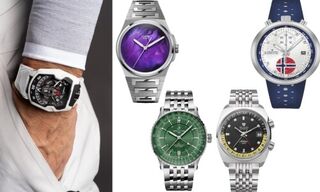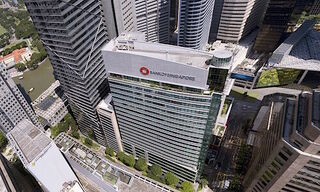UBS is pulling the plug on Credit Suisse's «Crossfinder» alternative trading system, once one of the leading dark pools.
Large financial players frequently trade shares outside traditional stock exchanges in shadow markets. These «dark pools» are operated by banks or exchanges, where buyers and sellers remain anonymous and their orders remain hidden until executed.
Regulators are often critical of such trading platforms fearing, among other things, price distortions. One dark pool era is now coming to an end.
Alternative Trading Platform
As it integrates with Credit Suisse, UBS is winding down the electronic trading platform «Crossfinder.» Its affiliated algorithmic trading business (AES) will no longer forward orders to the system, according to a «Bloomberg» (behind paywall) story Wednesday.
For many retail investors, the implications of this decision are difficult to gauge, as they generally don't have access to such shadow markets.
UBS inherited the alternative trading system as part of the acquisition. The last day of Crossfinder's ATS operation is August 31, after which AES will no longer route orders, with clients instructed to contact UBS Cash Equities ATS staff for assistance with alternative options.
Onetime Leading Platform
Launched in 2005, Crossfinder was one of the largest dark pools for some time, allowing large financial institutions like hedge funds to electronically coordinate transactions to obtain more attractive prices than via regular exchanges.
Since the collapse of Bill Hwang's Archegos Capital Management and the takeover of Credit Suisse by UBS, volumes declined dramatically.
Not UBS's Crossfinder to Bear
Many trading desks simply removed Crossfinder from their routing procedures. In June of last year, it was still the third-largest dark pool, but between January and May, the system lost 70 percent of its remaining volume. Now, the platform is just above the median, with a market share of 1.9 percent as of May.
UBS operates its own ATS, which had a 15.7 percent market share in May, according to Bloomberg Intelligence. It's the largest dark pool, with a market share 3 percentage points higher than its main competitor, Sigma X2, run by Goldman Sachs.






















